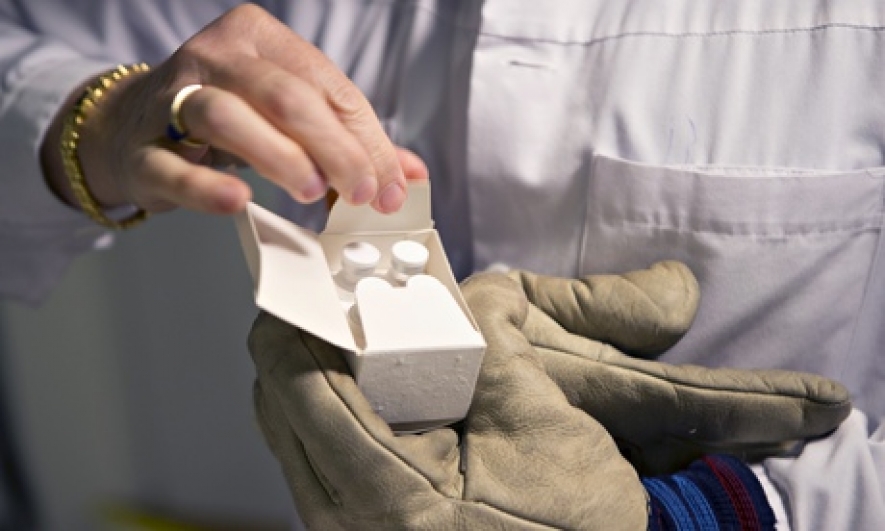The FDA says the trials should be randomised and controlled – which means giving experimental drugs to one group of patients, selected at random, but not to others, so death rates and other outcomes in the two groups can be compared. Other scientists, including those at the University of Oxford who are currently preparing for trials in the epidemic region, say that with a death rate of 70% and fear and suspicion of hospitals running high in the three worst affected countries in west Africa, it is not possible to run the sort of trial that would be standard in the UK or US. Instead, they are designing alternatives that will reach an answer but without depriving some patients of a drug that might possibly help them survive. The virus has claimed more than 4,800 lives since the outbreak began in December.
There are several drugs in the pipeline that scientists hope to trial in west Africa, all of them in early stages of development and some of which have not yet been tested in humans. Some are in pill form, while others would have to be given as injections or infusions and they work in a variety of ways. Most were designed to act against other viruses than Ebola. No announcement has yet been made as to which drug will be trialled first, but the hope is to get more than one going before the end of the year.
(ST/KH)



















